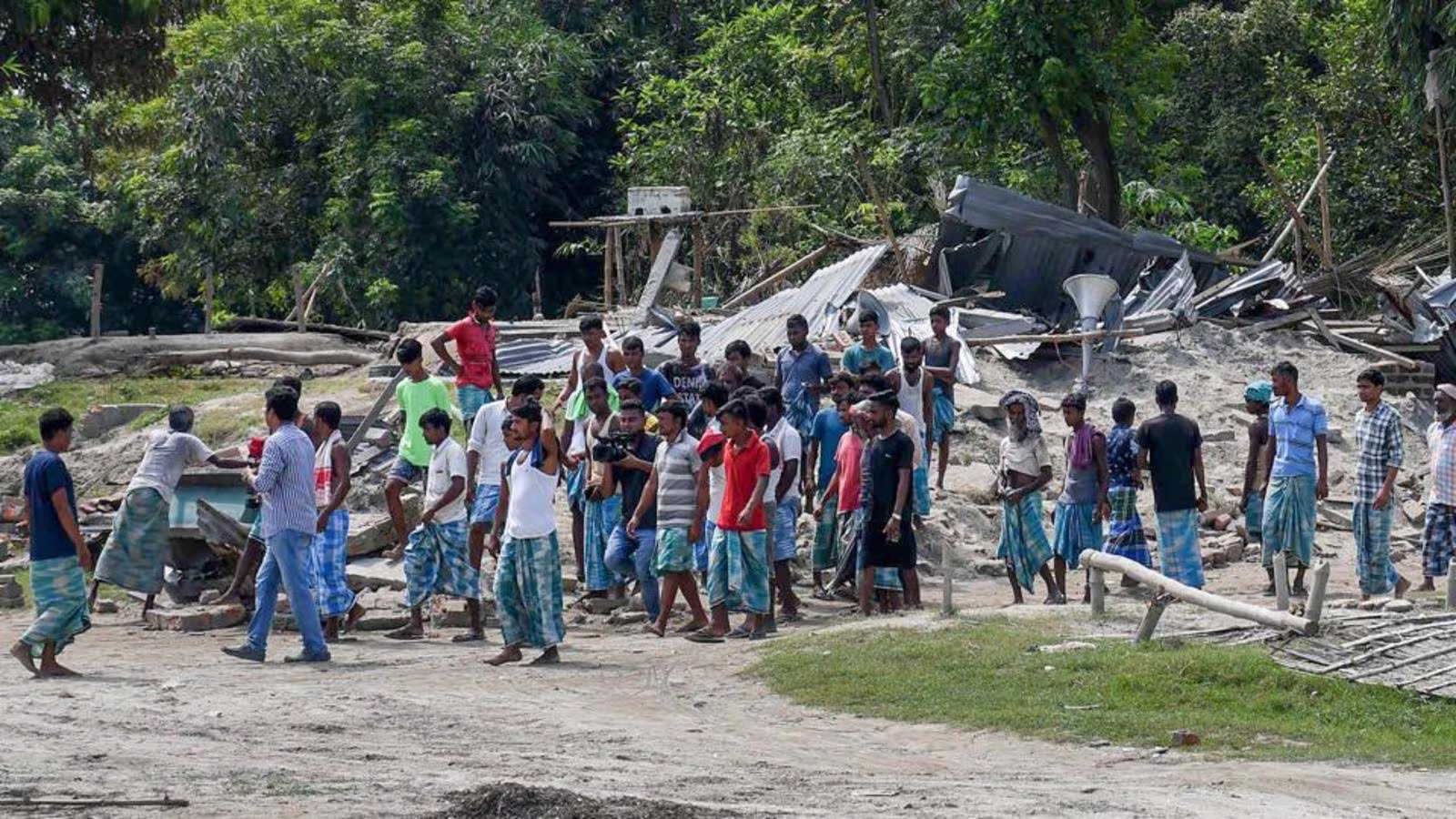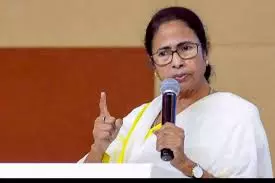
Poll results that carry lessons
text_fieldsResults of the five different state assembly elections carry varying results but also certain common messages. As in Kerala, West Bengal also saw incumbents continuing with redoubled acceptance, whereas Tamil Nadu has given a mandate for change of government. In Assam, the BJP alliance got through for a second term and in Puducherry, National Democratic Alliance (NDA) got the upper hand beating the secular bloc. Since most of the constituencies across states had completed polling even before the second wave of the pandemic displayed its ferocity, the BJP did not have to bear the brunt of its mismanagement of government. Still the eastern and southern regions have largely rejected that party and its politics. There are clear signs of the people seeing through the BJP's brand of democracy consisting in a credo of winning elections by hook or by crook and thus grabbing power. If this amounts to a realization among not only the minority but also the majority community of being fed up with the communal card, that is a good augury. In Assam, the BJP went on overdrive of its communal propaganda; it tried to create a polarisation by campaigning that if the Congress-AIUDF alliance wins, a Muslim will become the chief minister. But what came to the BJP's rescue with considerable votes was the government's relief measures during the previous lockdown period and its welfare programmes. West Bengal is a state where the BJP calculated that it could win votes through the Citizenship Amendment Act (CAA), a hope that came to nought in that state. All the same, in most parts of Assam, the BJP tried to win votes by observing a beneficial silence on the CAA.
The election that attracted the greatest attention and assumed national importance is that of Bengal. The BJP took its entire ammunition in strategy against Trinamool Congress and its leader Mamata Banerjee. In addition to capitalising on the anti-incumbency factor, the BJP employed all its recipe for poll campaigns. That included getting about 40 Trinamool workers to defect , whipping up communal hatred and even misogyny against Mamata. They called her 'Beegum' and a minority appeaser. The prime minister, at times oblivious of the position he held, was heard singing loud 'Deedi O Deedi'. Using the media against her was another tactic. It looked as though even the Election Commission was out to defeat Trinamool. It was only the BJP that stood to benefit from the totally illogical staggering of voting across eight rounds. The Commission was not even able to censure the armed forces which killed four voters in broad daylight. When the pandemic was spreading fast in the country, the central home ministry was camping in Bengal. The BJP president JP Nadda also focused on Bengal, while the prime minister himself addressed about 20 rallies. On top of all this, cash flowed in with no let or hindrance. But despite all this, Mamata, sitting on a wheelchair following her injury at an election meeting, reached all constituencies and eventually crossed the two thirds mark in majority. In other words, the defeat was not BJP's alone, but more than that it was of the Modi-Shah duo and the politics they upheld.
But none of this means the BJP is on the wane. In Bengal, the party has gained both in its vote share and the number of seats. It is the Congress and the CPM that suffered further beating. Now on, the main opposition in Bengal is going to be the BJP. On a different level, this election was one that highlighted regional politics and the influence of state parties which championed people's problems. In Tamil Nadu, Dravidian politics is regaining better acceptance through the DMK while the national party, the Congress, got further emaciated. More importantly, the BJP overall lost its invincibility as a party that will not taste defeat. Another major takeaway of this election is that more than ever before, it opens the possibility of a secular alliance against the BJP at the national level.






















